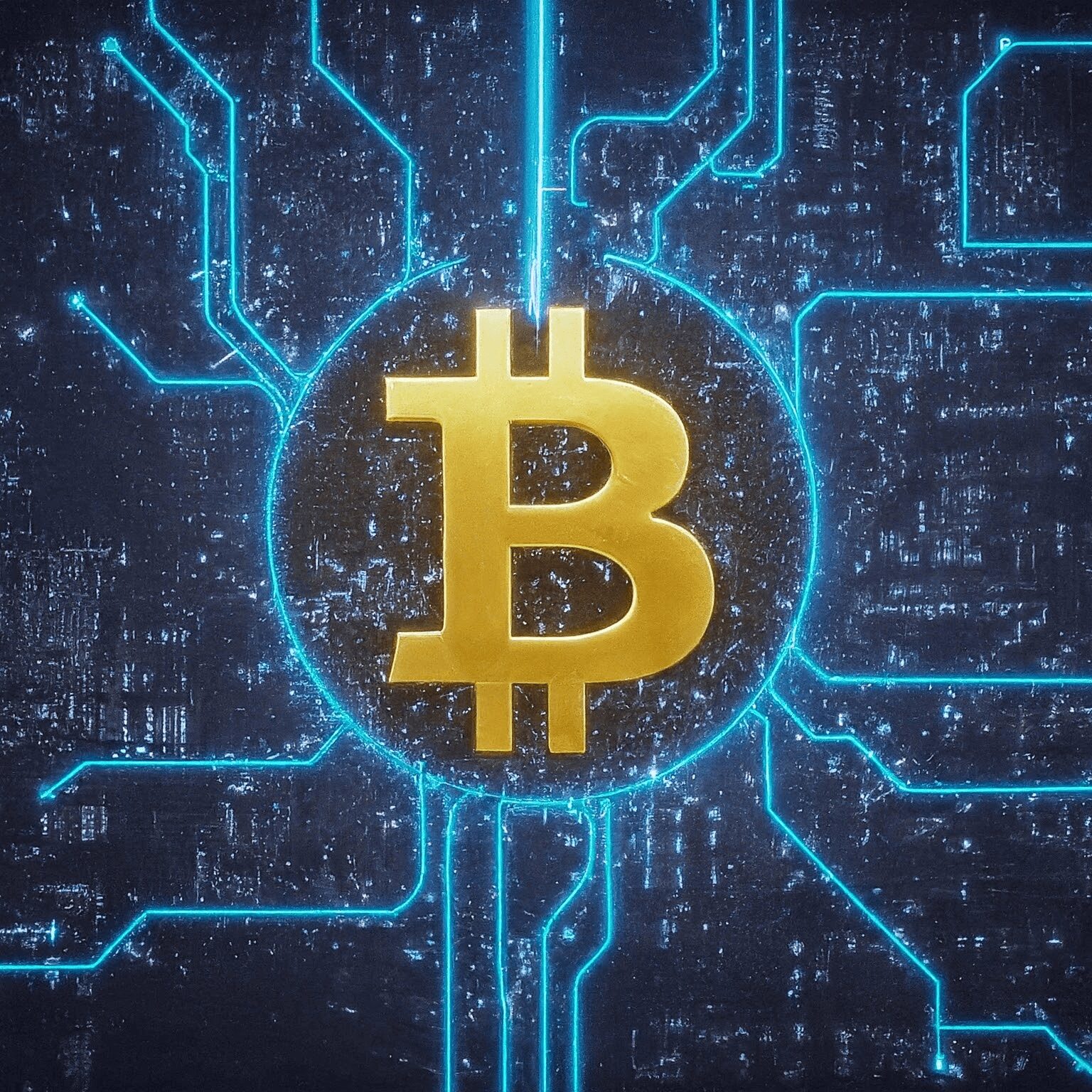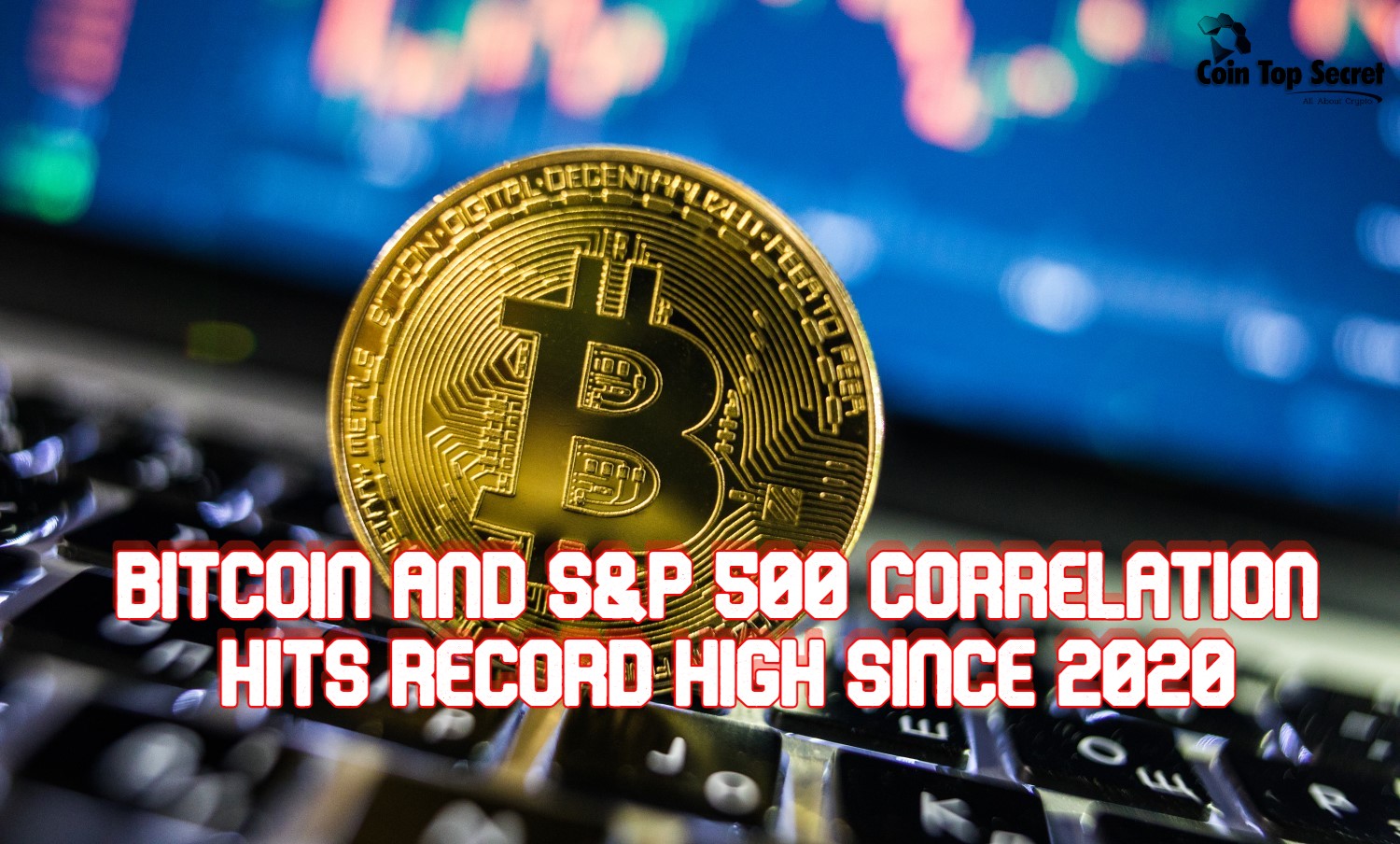Markets are hitting new highs, and it seems like individual investors are leading the charge. This conversation dives into some big topics, including whether the U.S. might start buying more Bitcoin, what’s really going on with inflation data like CPI and PPI, and the idea of revaluing gold. We also touch on how AI is speeding everything up and how to think about your own investments.
The Bitcoin Buzz and Market Reactions
There was a bit of a stir when the Treasury Secretary initially said the U.S. wouldn’t buy more Bitcoin, only for a follow-up tweet to suggest they might, in a budget-neutral way. From a trading perspective, Bitcoin often gets lumped in with high-volatility assets. When negative news hits, especially when many people are already positioned for gains, it can lead to quick sell-offs. We saw Bitcoin’s volatility drop, and trading volumes decreased. This reaction was likely amplified by higher-than-expected PPI data, which made some think the Fed might hold off on rate cuts. However, for those who believe in Bitcoin’s long-term potential, these short-term reactions can be good opportunities.
Understanding Inflation Data: CPI and PPI
When looking at economic announcements like the CPI and PPI, it’s important to understand how they’re put together. While the CPI came in slightly below expectations, the PPI was hotter than anticipated. A significant portion of the PPI increase was due to portfolio management fees, and when you look at the details for finished goods, tariffs played a role. The hot PPI data led some to believe the Federal Reserve wouldn’t cut rates in September. However, there’s a broader view that we’re heading into a “reflationary boom,” not necessarily a bad inflationary period. Some Fed officials have also indicated that inflation isn’t showing persistent signs and that the labor market is weakening, suggesting a potential 25 basis point rate cut. The market has largely priced this in, and the Federal Reserve might follow suit, especially if the White House wants to “run things hot.” This could mean an unofficial increase in the inflation target, which has implications for asset prices.
AI’s Accelerating Impact on the Economy
Artificial intelligence is changing things at an incredible pace, and its impact goes beyond just the tech sector. We’re seeing AI influence everything from how companies operate to how we measure economic growth. Traditional economic data, like GDP, might not fully capture the productivity gains from AI, especially as companies adopt these technologies. The rise of “digital employees” is a key aspect of this shift. While human job growth might seem slow, the overall growth in job creation within corporations, driven by AI, is significant. This creates a challenge for economic measurement, as current data might not account for this digital workforce. Earnings reports, however, are starting to reflect this, showing strong year-over-year growth that seems disconnected from some of the softer economic indicators. This suggests that companies embracing AI and digital transformation are likely to see significant advantages.
Key Takeaways
- AI is a major economic driver: Its impact on productivity and job creation is significant, though not always captured by traditional economic data.
- Earnings are a key indicator: Strong earnings growth, especially in tech and AI-focused companies, suggests underlying economic strength.
- Digital transformation is key: Companies that adopt AI and digital strategies are likely to outperform.
The Potential Revaluation of Gold
The idea of revaluing gold is gaining traction, especially given the current global debt levels and deficits. With significant short-term debt maturing, governments may need to find ways to rebalance the economy. While a return to the gold standard isn’t likely, and the dollar remains the dominant reserve currency, discussions around gold revaluation, potentially in agreement with countries like China, are ongoing. This could be a way to manage currency devaluation and address economic imbalances. The current situation, with rising debt and the need for reflation, makes gold an interesting asset to watch. If tariffs are removed, it could further open the door to such possibilities, potentially benefiting both gold and Bitcoin.
Government Involvement and the AI Arms Race
There are signs of increased government involvement in key industries, particularly in the semiconductor and AI sectors. Rumors of the government taking a stake in Intel highlight the focus on domestic chip production to reduce reliance on global supply chains. This is part of a broader “AI arms race,” where countries are competing to lead in artificial intelligence development. This competition extends to crypto as well, with a focus on ensuring U.S. dollar dominance in stablecoins. The emphasis on chips, power, and infrastructure for AI development is critical. Companies that embrace AI and digital upgrades, including those that add Bitcoin to their balance sheets, are likely to have a significant advantage. This trend is still in its early stages, and businesses that adapt will be better positioned for the future.
Investment Opportunities in a Changing Landscape
Given these trends, certain sectors present compelling investment opportunities. The energy sector is one, especially as inflation targeting and potential Fed rate cuts could boost economic activity. Banks are also well-positioned, nearing all-time highs and benefiting from a reflationary environment. Emerging markets, including China, could also see significant gains if the dollar weakens further and global economic conditions improve. The focus is shifting from purely AI infrastructure plays to companies that are adopting AI and seeing its benefits during the adoption phase. This includes looking beyond the top-tier tech companies to those that can effectively integrate AI to improve efficiency and drive growth. For companies struggling to grow earnings through traditional means, adding Bitcoin to their balance sheets is seen as a potential Hail Mary. The infusion of AI into businesses, particularly by private equity firms, aims to extract value and improve efficiency, which could lead to significant gains. The focus on shareholder value and extracting value from intangible assets through AI is becoming a major theme.



